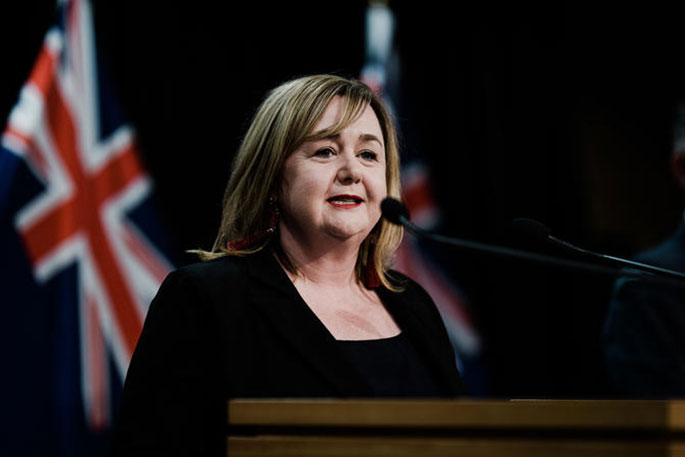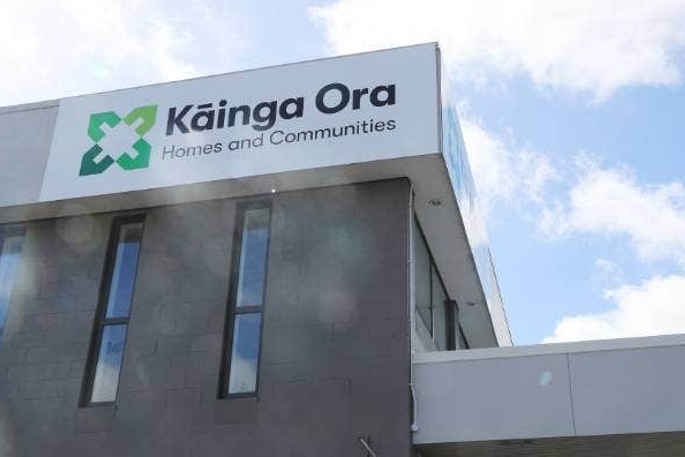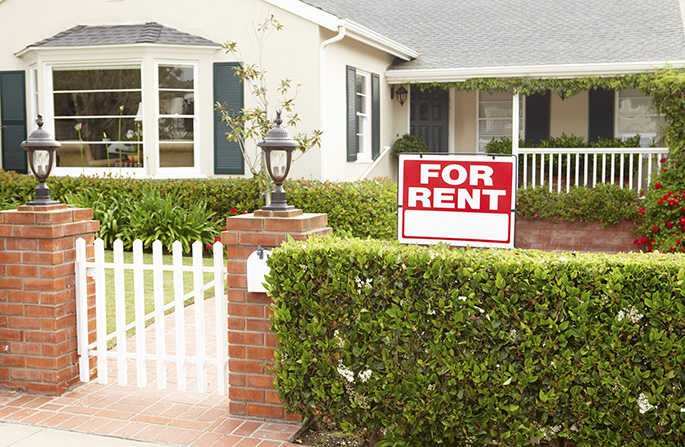The government is announcing a suite of measures in what it hopes will improve the lives of renters and landlords.
'Nearly 600,000 households rent in New Zealand and these measures will result in regulated oversight of residential property managers, science-based rules on meth residue testing and a reprieve for landlords in meeting a compliance deadline,” says Housing Minister Dr Megan Woods.
'The government aims to ensure every New Zealander has a warm, dry, and safe place to call home, regardless of whether they own or rent.
'These initiatives build on the important work we've already done in the rental sector which all ultimately serve to improve the lives and outcomes of renting New Zealanders and their whānau.”
Residential property management regulations
The government will regulate residential property managers so they are registered, trained and licensed, and complaints and disciplinary matters will be dealt with through a new regulatory framework.
'Sometimes tenants are vulnerable to poor behaviour from residential property managers, especially in a tight rental market,” says Woods.
'Following our moves to give tenants more protection through the Residential Tenancies Act, we made a manifesto commitment in 2020 to regulate residential property managers.
'This means that like many other professions such as real estate agents, builders and lawyers, they will have conduct and competency standards to abide by and if they don't, they can be held to account.
'Nearly one in three households rent their homes and 42 per cent of these tenancies are managed by residential property managers, so they have a lot of access to rental homes and interaction with tenants. Having safeguards to ensure they meet minimum conduct and competency standards is in the best interests of both property owners and tenants.”
Cabinet has agreed the Real Estate Authority will be the regulator and that the Real Estate Agents Disciplinary Tribunal will have an expanded role as Disciplinary Tribunal for residential property management-related complaints.
Public consultation on proposals to manage methamphetamine contamination
The government will consult the public before making binding rules on what an acceptable maximum allowable level of methamphetamine residue is, at what levels those homes need to be decontaminated to, and when tenancies can be terminated due to high levels of residue.
Woods says currently there are two levels used - neither of which are legally binding – which create uncertainty for landlords and tenants.
'We have proposals that are informed by science, on screening, testing, and decontamination, with clear obligations for landlords.
'Under National, this issue was a dog's breakfast; hundreds of tenants were unnecessarily evicted from public housing through the application of pseudo-science and we are cleaning up that mess.
'While the witch hunt on public housing tenants stopped under this government and the former Chief Science Advisor Sir Peter Gluckman's 2018 report resulted in a more scientific approach to residue dangers, it's time to settle the rules once and for all.”
 Housing Minister Megan Woods. Photo: RNZ.
Housing Minister Megan Woods. Photo: RNZ.
In the proposals, a maximum acceptable level of surface methamphetamine residue is proposed to be set at 15 micrograms per 100 square centimetres, which is also the level which a property needs to be decontaminated back to, or below.
Woods says this level of residue is consistent with the findings of Sir Peter Gluckman's report and advice from ESR.
Once relevant regulations are in place, landlords will not be able to knowingly rent out premises that are contaminated above the prescribed levels (as set out in the regulations), without decontaminating in accordance with the regulations.
They will be liable for a financial penalty of up to $4000 if they do so.
Detail on the proposed Methamphetamine regulations and an opportunity to submit feedback can be found on the Te Tūāpapa Kura Kāinga – Ministry of Housing and Urban Development website. Feedback is welcome up to 5pm, Friday February 20, 2023.
Extension to the Healthy Homes Standards
Private landlords, Kāinga Ora – Homes and Communities, and Community Housing Providers are being given more time to comply with the healthy homes standards.
Legislation will be introduced in the House today and passed under urgency before the end of the Parliamentary year, to ensure certainty for landlords.
'We recognise the impact that Covid-19 has had on getting this work done because of global supply-chain and delivery challenges, including limited workforce challenges,” says Woods.
'It makes sense to be pragmatic as most landlords are genuinely trying to comply with their obligations but are at risk of breaching them because of issues outside of their control.”
The change means private landlords have one more year to comply, so all private rentals must comply by July 1, 2025, instead of July 1, 2024.
 Photo: Mark Taylor/Stuff.
Photo: Mark Taylor/Stuff.
The timeframe for compliance for a new or renewed tenancy* shifts from 90 days to 120 days.
'For Kāinga Ora and Community Housing Providers, the timeframe for compliance shifts from July 1, 2023, to a new date of July 1, 2024.
'We are monitoring how the private sector is tracking for compliance; the last survey in 2021 indicated 85 per cent of private rentals met, or had action underway to meet the standards.
'Similarly, 84 per cent of Kāinga Ora homes either meet the standards or there is work in progress to meet them. Currently Kāinga Ora are bringing around 600 homes a week up to the new standard, as part of a wider programme that is making the biggest improvement to the quality of public housing in a generation.
'Pragmatically delaying the timeframes for compliance will ease pressure on landlords, however we do expect Kāinga Ora to aim to have as many properties as possible to be compliant by the original deadline of July next year.
'Projections indicate they could achieve around 95 per cent compliance by the original date.”



2 comments
Glad
Posted on 22-11-2022 11:21 | By Kancho
I got out of being a landlord. I had high standard modern comfortable unit I would happy live in. The return on rental property is modest and in fact the bank paid a better return at the time. The best return is in selling so I'm surprised people struggle with the government taking away tax breaks but guess many landlords have mortgages.
Government
Posted on 23-11-2022 15:44 | By Slim Shady
Nanny state is the biggest landlord of them all. And has the worst housing. And ignores resource consent when it sees fit.
Leave a Comment
You must be logged in to make a comment.